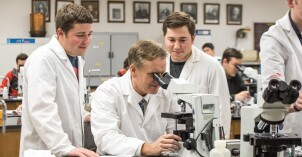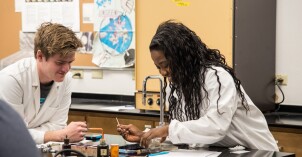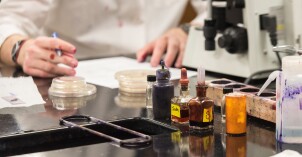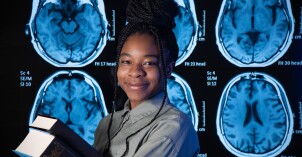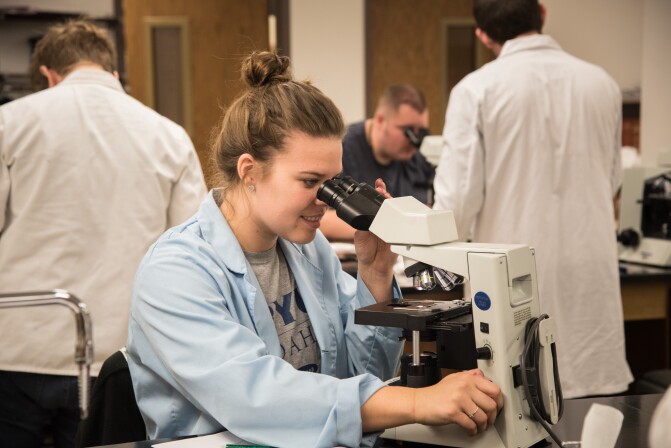
Gain Hands-On Experience
This degree will help students to analyze genetic sequence to identify patterns of gene expression and function, patient records to identify health care trends and treatments, pharmaceutical libraries to identify promising drug therapies, and ecological data to inform global warming discussions.
The combination of math and computer skills with knowledge of genetics and molecular biology is in high demand with excellent job outlook and good earning potential. This emphasis will prepare students to pursue graduate studies in genetics, molecular biology, biochemistry, and bioinformatics. The emphasis will also prepare students for immediate employment as bioinformatics technicians.
The combination of math and computer skills with knowledge of genetics and molecular biology is in high demand with excellent job outlook and good earning potential. This emphasis will prepare students to pursue graduate studies in genetics, molecular biology, biochemistry, and bioinformatics. The emphasis will also prepare students for immediate employment as bioinformatics technicians.
Find Out if This Degree Is Right for You!
Watch expert advice on how to succeed in this major + career options
Highlighted Career Paths
Graduates with a degree in Biology, with an emphasis in Bioinformatics, have a wide array of rewarding careers before them. Check out some of the top careers students get with this degree or explore more career options in I-Plan.
Bioinformatics Scientist
By utilizing tools obtained through studying in the bioinformatics fields, a scientist harnesses computer science, mathematics, physics, and biology to successfully perform duties. These skills help in researching the functionality of genomic data, interpreting, and managing information.
Genomics scientist
A genomics scientist focuses on the structure, function, evolution, mapping, and editing of genomes. This is done through researching and categorizing information on the bioinformatics level.
Microbiologist
Microbiologists use skills to categorize, input information, and study microorganisms including virology, bacteriology, protistology, and many others. Skills within this field including obtaining, managing, testing, and calculating necessary changes for research.
Highlighted Courses
Develop computational and analytical skills through courses in genetics, molecular biology, biochemistry, statistics, programming, data mining, and bioinformatics applications to prepare for research, graduate studies, or careers as bioinformatics technicians.

